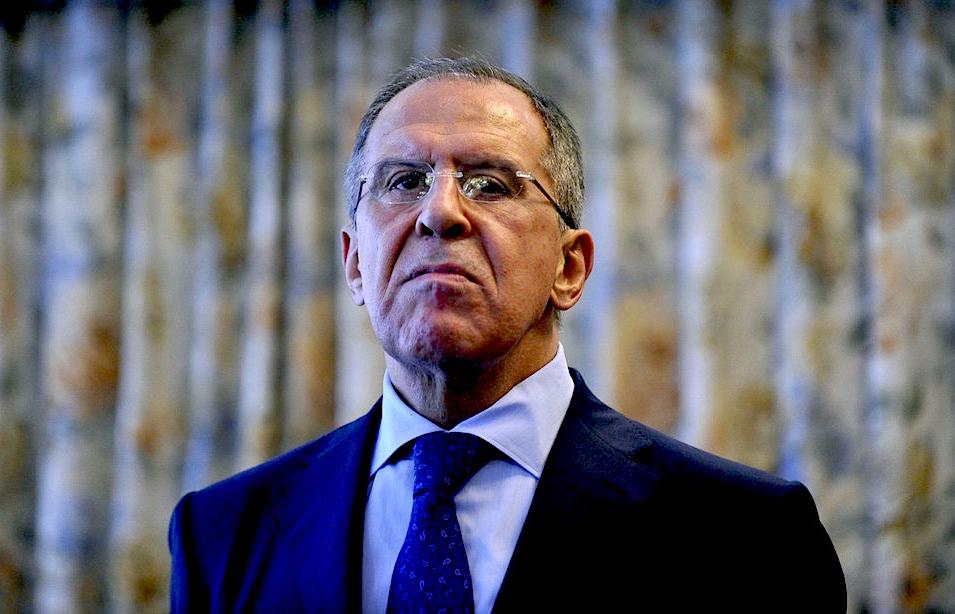By TZ Business News Staff and Agencies.
The United States of America rolled out in December of 2018 its new strategy for Africa to counter Chinese influence on the continent; but China and the US are not alone in this new struggle for influence on the continent–Russia is on it too.
On Thursday, December 13, 2018, the United States outlined its Africa strategy by reiterating its commitment to strong partnerships with key countries in Africa, specifically naming Kenya as a target for future US aid and investment.
The US said it would also seek to promote intraregional trade and commercial ties with its African allies, shifting its focus from “indiscriminate aid” to one of trade and investment and positioning itself as a more sustainable alternative to Africa’s other alternatives.
Some analysts believe Africa needs strong partnerships to address its development challenges so that its full economic potential can be reached; but Africa on the whole still suffers from massive under investment—especially in the area of infrastructure development.
According to African Development Bank (AfDB), poor infrastructure has cost the continent a cumulative 25% in growth in the last two decades.
However, there are many positive developments on the continent. In many African countries, governance has improved–which has accelerated growth and made investment easier.
Africa’s GDP is expected to grow to 3.7 per cent in 2019 and countries such as Ethiopia and Ghana, for example, have enjoyed some of the world’s fastest growth in recent years. In addition, a rapidly growing middle-class, improved access to new technology and an increased focus on regional integration in Africa has boosted trade and roused the interest of foreign investors.
US interest in Africa is a counter to Chinese largesse in Africa and other emerging markets as it is reportedly concerned about the security implications of China gaining control of strategic assets as a result of unsustainable borrowing by some developing countries according to analysts.
New trends in emerging market infrastructure investments indicate China put US$8.7 billion in sub-Saharan Africa infrastructure projects in 2017 alone, while the US recently set up a new US$60 billion agency to invest in developing countries.
The US Power Africa programme reported recently that since its inception five years ago it has funded 80 transactions valued at more than US$14.5 billion that are now either online, under construction, or have reached final close. The programme remains fully funded.
The decision by the US in October [2018] to turn the Overseas Private Investment Corporation (OPIC) into the International Development Finance Corporation and double its lending ceiling to $60 billion is planned to significantly accelerate the race to invest in Africa. But the US has also now explicitly linked its economic and security interests with its investment and aid in Africa.
From an African perspective, real progress will still require a plurality of investors – particularly from the private sector – and movement towards the strong legal and regulatory frameworks required to make projects bankable for the long term. Governments should cautiously monitor developments until the longer term implications of the new US policy become clearer, according to some analysts.
Russia is in the meantime reported to have its equally strategic agenda on Africa which is to be rolled out in the year 2019. The Russian agenda will apply the soft power it has on the continent, according to the website Africa Intelligence.
Among measures planned by Russian officials including Foreign Minister Sergey Lavrov will be creation of a visa scheme for African students wanting to study in Russia, where Moscow would like to triple the number of African students on its soil by 2020.
To achieve this figure, African Intelligence has said, the Kremlin will relying on its global network of African graduates of Russian and Soviet universities, which reportedly already helped organize the Russia-Africa forum held in Moscow on 21 October, 2018 which was attended by numerous African delegations.
Another key player that Moscow will solicit in the coming months is the African Business Initiative (ABI), an association of African entrepreneurs who will be helping to organize a Russia-Africa economic forum in the first quarter of 2019, according Africa Intelligence.
Moscow also has an inter-parliamentary forum in the pipeline. All these measures will pave the way for the Russia-Africa summit that Comrade Vladimir Putin has planned for the second quarter and to which an array of heads of state will be invited.





